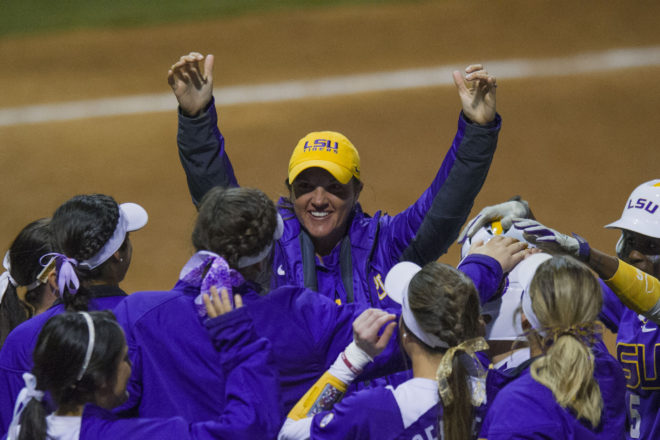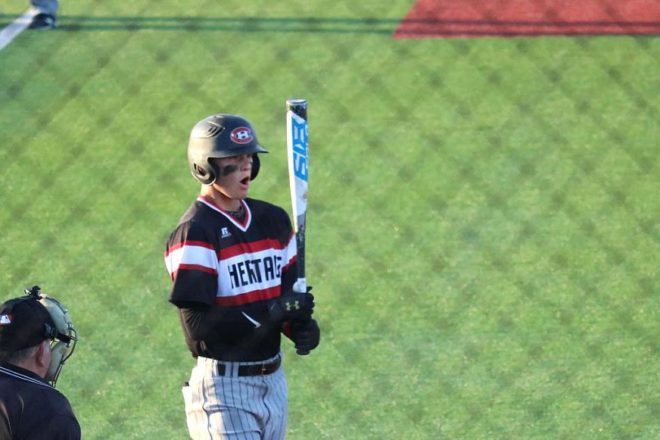Spend any time on the golf course and you will hear golfers and golf coaches say that the sport is 90% mental…
Ask them what they do to work on the mental game and you will be hard pressed to get an answer beyond having a routine. For most golfers, the mental game is something that they hope shows up at the first tee. It doesn’t have to be this way. The mental skills you need to succeed on the golf course, compete one shot at a time and go low can be trained just like the fundamental skills of posture, grip, alignment, putting speed and feel around green.
As a guest on the PGA Tour on Sirius XM Radio Golf U Show with Stanford Men’s Golf Coach Conrad Ray and Kyle Gentry, we spoke about all things mental game of golf from visualization, to pre and post shot routines, sinking to your training and what you can do to give yourself the best chance for success in a major like the Masters or in your local club championship. Enjoy this episode and please be sure to check out my FREE Golf Mental Performance Masterclass.
NOTES SUBMITTED FROM A COLLEGE GOLF COACH
- Consistency – Golf is the greatest game of consistency there is
- The 6 inches between your ears make a major difference in the 6 feet below them
- Win Forever–Pete Carrol’s. book….. BIG emphasis on daily competition
- Most golfers and golf coaches practice the swing, but fail to practice competing
- Growth vs. Fixed Mindset
- Growth Mindset: I can do whatever I want with enough time and enough training
- Nobody rises to the occasion; you sink to your level of training
- Your bad days are not as bad as others
- Have good bad days!
- Work so hard that your bad days are better than the competitions good days
- Mental skills can be trained just like the physical skills–must be committed
3 aspects of golfer development
- Course Management
- Swing Management
- Self Management
- Must play against yourself not the course or your opponent
- Compete one shot at a time
-
The “STEP UP” happens every day in training; NOT just for big tournaments.
-
Don’t make any event special; adds pressure.
-
-
Attitude should influence your golf (Rory example)
-
Control what you can control
-
Your response to your game
-
The right attitude and training
- Make a list of what you control in golf vs. what you don’t control. Focus on the controllables.
- Be Where your feet are and compete ONE shot at a time. PRESENT MOMENT FOCUS.
-
Be Present, Not Perfect
-
-
- Shadow bullpens–5 things that you work in during shadow bullpens
-
Body Language–how you carry yourself; the confidence you have
-
Your tempo–should stay the same throughout your round…good/bad shots should not affect it
-
Key Point: Tiger Woods pre-shot routine….always within milliseconds….reason for success.
- Key Point: Greg Norman when he lost the Masters
-
-
Visualization
-
Everything happens twice–1st in mind, then in real life
- Brain cannot tell the difference between what I vividly imagine and what I physically experience…..increase more positive outcomes; DOES NOT guarantee success.
(YOU HAVE TO PRACTICE YOUR PROCESS…
- When taking the ball away from a routine, you are not focusing on the result, you are focusing on the process….shadow ball striking).
-
Pre-shot routine–should be the same every time…must practice and be intentional about it.
-
Practicing Adversity—How do you handle when you don’t hit a good shot….”Flush it”.
-
-
Have a post shot routine for good and bad shots
-
Again, must practice it and commit to moving on: WIN (what’s important now); the most important shot is the NEXT shot.
-
-
-
-
Shadow bullpens for golf—mental reps on the golf course
-
Leading up to an event, 15-20 minutes of a visual of the course you are playing, visualizing how you will play each hole. Must be very vidid with your “feelings.” Do this at night right before bed.
-
Night of a round (in the tournament): replay the good shots in your mind; what you saw, felt, heard…visualize the shot and the outcome again; ALSO, recreate the shots you did not hit well, re-correct the shot…SEE yourself play the hole you in a better way.
-
Range work: 1st hole–visualize each shot in a round….driver to 7 iron, etc.
- Range work must become more intentional for game improvement.
-
-
Elite athletes are not perfect, so they have a system to get them back to the next play.
- Re-acting to pre-existing routine….saves on nerves when the going gets tough.
-
Elite competitor competes with themselves and the course only.
-
Perform better when you focus more….the best in golf are those who can bring that focus everyday.
-
Controllables:
-
Course and Self Management–
-
-
Non-Controllables
-
Swing Management–Your swing will not always feel the same.
-
-
- Do drills to develop skills to create the skill set of an elite golfer–both mental and physical.
- You are not either mentally tough or not, you are either trained with the mental game or not.
What YOU should do now…
Want to learn how to be the most mentally tough golfer you know? Join my FREE 40Min Golf Mental Performance Masterclass and I’ll send you the details on how you can start training your mental game and develop the 15th club…
If you found this interview and audio helpful and you’re interested in more cutting-edge mental performance strategies as a golfer, my FREE Golf Masterclass is for you.
In this masterclass, I’ll teach you how to:
- Compete with unshakable confidence each and every time you step to the tee
- Perform at your best when it means the most—on a consistent basis shot to shot
- Create the elite mindset, routines, and habits of excellence you need to reach your potential, go low and get the most our of your ability
Again, please enjoy this episode on How to Master The Mental Game of Golf and please be sure to check out my FREE Golf Mental Performance Masterclass.


